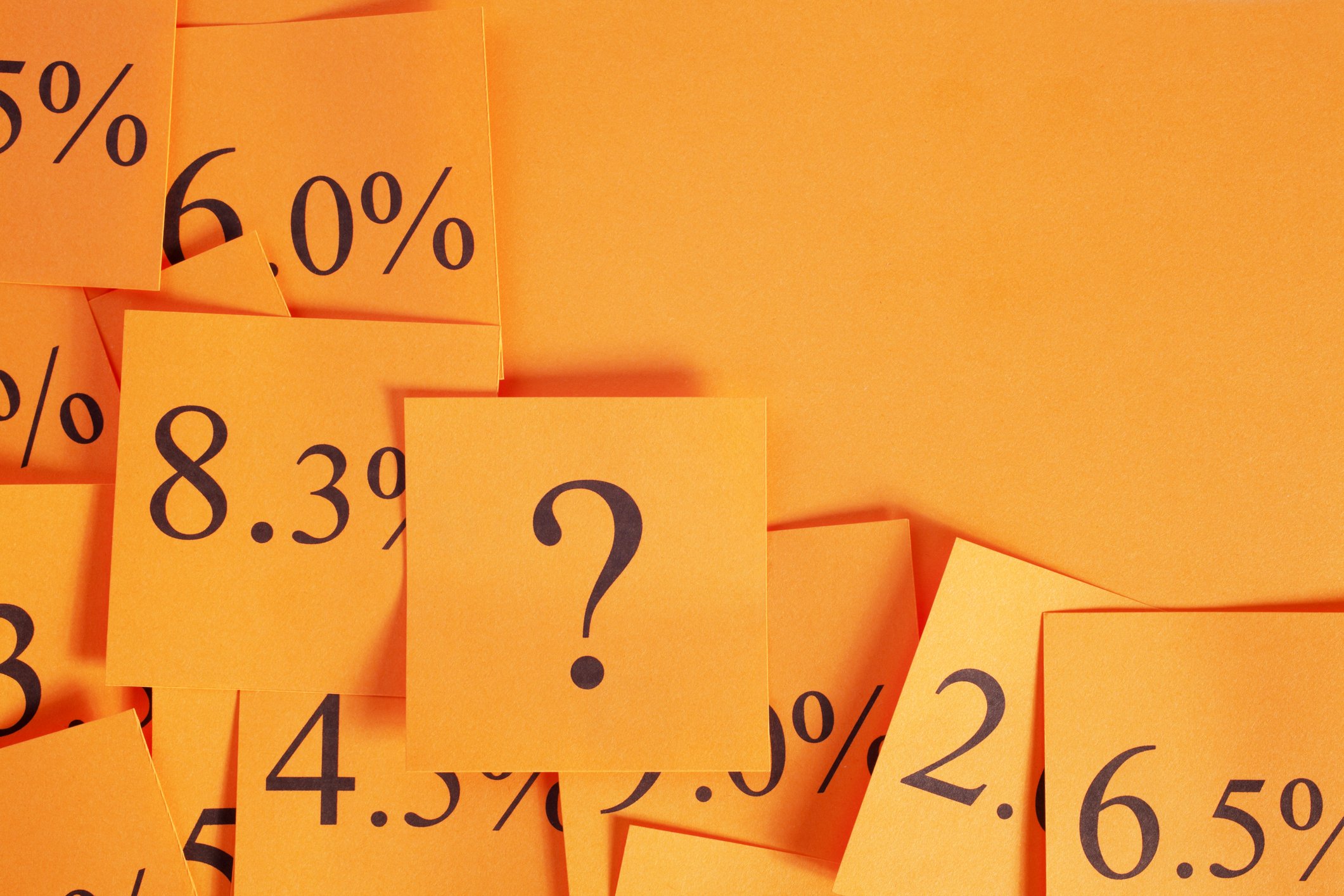What Is a Credit Card? A Beginner’s Guide for Teens
Introduction
If you're a teenager, you’ve probably heard the term credit card — maybe your parents use one, or you’ve seen people tap them at checkout counters. But what exactly is a credit card? And why should you care if you’re not even old enough to get one yet?
This guide breaks it down in plain English — no boring bank jargon — so you can understand how credit cards work, why they matter, and how to use them responsibly when the time comes.
What Is a Credit Card and How Does It Work?
A credit card is a small plastic or digital card that lets you borrow money from a bank to buy things. You agree to pay that money back later, usually at the end of the month. If you don't pay it all back on time, you'll be charged interest — which means you’ll owe more than you borrowed.
Let’s break it down:
You use your credit card to pay for something (like buying clothes online).
The bank pays for it upfront.
You get a monthly bill (called a statement) showing how much you owe.
You can pay all of it, some of it, or just the minimum amount (but paying only the minimum means you’ll be charged interest on the rest).
“Starting credit education early gives teens the tools they need to make smart financial choices for life. Credit cards are powerful, but only when used with understanding and discipline.”
Credit vs Debit: What’s the Difference?
At first glance, credit cards and debit cards might look the same — they both have 16-digit numbers, chips, and can be tapped, swiped, or used online. But how they work is totally different.
A debit card pulls money directly from your own bank account. If you’ve got £100 in your account and spend £30 using your debit card, you now only have £70 left. You're using your own money — which makes it a safe and easy way to stay within your budget.
A credit card, on the other hand, lets you borrow money from a bank or credit card company to make purchases. When you use a credit card, you're not spending your own cash — you’re borrowing it and agreeing to pay it back later. You’ll get a bill each month for what you spent, and if you don’t pay the full amount, you’ll be charged interest.
Another key difference is that debit cards don’t build your credit score, while credit cards do (if used responsibly). Your credit score is something banks, landlords, and even job agencies might look at in the future to decide how trustworthy you are with money.
So in short:
Debit = your money, no debt.
Credit = borrowed money, repay later — with more responsibility.
Why Should Teens Learn About Credit Cards Now?
Even if you can't get a credit card yet, learning about them early gives you a major head start. Here’s why:
Credit history starts young – The earlier you understand how credit works, the better you'll be at managing it when it counts (like renting a flat, getting a car, or even landing a job).
Student credit cards & authorised users – At 18, you may qualify for a beginner credit card or become an authorised user on a parent’s card (they let you use theirs while they stay responsible for the account).
Financial independence – Credit literacy is part of adulting. The earlier you learn, the less likely you are to fall into common traps like overspending or debt.
Pros and Cons of Credit Cards
Benefits:
Build your credit score (if used wisely)
Convenience for online and in-person shopping
Emergency funds when cash isn’t available
Rewards & perks, like cashback or travel points
Risks:
Easy to overspend
If unpaid, interest builds up
Can hurt your credit score if you miss payments
Minimum payments can be a trap — you stay in debt longer
Credit Card Terms You Should Know
Let’s simplify a few common credit card terms:
Credit Limit: The maximum amount you’re allowed to borrow (spend) on the card.
APR (Annual Percentage Rate): The interest rate charged if you don’t pay your bill in full.
Balance: The total amount you owe on the card.
Minimum Payment: The smallest amount you’re required to pay each month (but not paying in full means you’ll owe interest).
Statement: A monthly summary of what you spent and what you owe.
Interest-Free Period: The time you can pay off your balance without being charged interest (usually up to 55 days).
What to Know Before Getting a Credit Card (Someday)
You might not be applying for one just yet, but here’s how to prepare:
Practice budgeting — Know what you earn (e.g., allowance or part-time job) and what you spend.
Start with a debit card — It builds good spending habits with your own money.
Track your spending — Use apps or a notes file to log purchases.
Understand needs vs wants — Credit cards aren’t for fun splurges you can’t afford to pay back.
Talk to a trusted adult — Ask about becoming an authorised user to learn hands-on.
Final Thought: Start Smart, Start Early
Credit cards aren’t scary — they’re just tools. Like any tool, they’re only helpful if you know how to use them. As a teen, you're in the perfect position to learn the basics now, so when the time comes to swipe that first card, you’re confident, not confused.
Want to learn more about money, saving, or budgeting? Check out our other guides on TheYouthToolbox for more smart teenage money tips.
FAQ’s
-
Not on your own. You must be 18+, but your parents can add you as an authorized user to help build your credit early.
-
Student credit cards (18+) or secured credit cards (where you pay a deposit upfront) are designed for new users. They usually have low credit limits and help you build credit safely.
-
Not if you use it responsibly. Paying on time and keeping your balance low will actually improve your score over time.
-
You’ll be charged interest and possibly late fees. If ignored for long enough, it can damage your credit and go to a debt collector.
-
Nope! If you pay off your balance in full each month, that’s a great habit. You avoid interest and build a good credit score.









